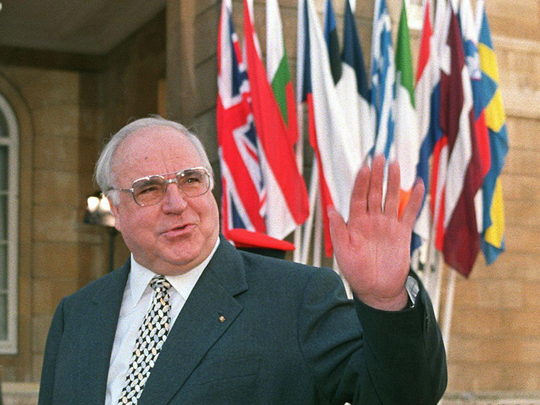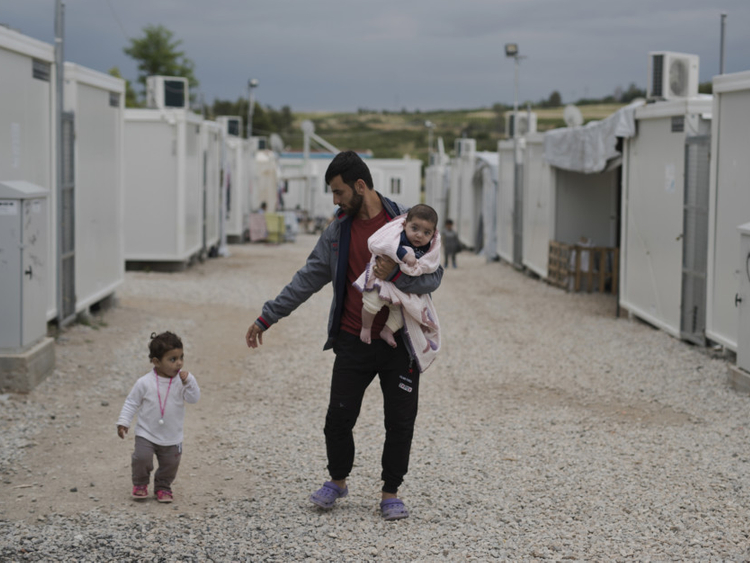
When the migrant crisis started spinning out of control in the summer of 2015, a deep fracture appeared inside the European Union (EU), between countries willing to open their doors and countries ready to erect walls to block the flow of incoming migrants. The tension culminated in late September of that year, when the EU broke with its long-standing tradition of consensus to force through a mandatory relocation plan for 120,000 migrants, despite opposition from four countries.
Despite its staggering low numbers (more than one million migrants arrived in Germany alone that year), the plan can hardly be described as successful, with only 21,000 people effectively relocated. Even among the countries that approved the plan, Reuters writes that “many ... have also dragged their feet” But rather than demanding that these countries keep their word, the European Commission decided instead to take the others to court. The decision to open a legal case against three of the four rebel nations — Hungary, Poland, and the Czech Republic (Slovakia was let off the hook) — was immediately rejected by all three countries.
Nearly two years after the crisis jarred the continent, EU authorities appear driven more by ideology and the will to sanction populist governments than a search for pragmatic and forward-looking politics.
The reality is that the still ongoing migrant crisis has largely changed in nature. In 2015, most people were entering the EU in Greece via Turkey, having fled war-torn countries like Syria, Iraq and Afghanistan. Now, the vast majority of migrants come from poor sub-Saharan African countries and cross the Mediterranean from militia-controlled Libya to Italy. And they’re currently entering the peninsula in record numbers.
Asylum-seekers fleeing war generally hope to return to their countries when the situation there allows it. But economic migration is a different matter altogether.
An African “bomb”, writes Le Figaro, “risks exploding at any moment with its lot of human misery and political repercussions.” In 2050, it writes, Africa will have doubled its population to reach 2.5 billion inhabitants, and “there’s little chance that economic growth will catch up with its demographics.”
In an alarming editorial, the Paris-based newspaper urges Europe “not to present to the neighbouring continent the enticement of an El Dorado without limits nor borders”. With unemployment, poverty, and indeed immigration already an issue in many EU countries, fuelling the rise of far-right parties across the continent, nobody can seriously claim that Europe has the means to welcome millions more, no matter how destitute they might be.
A similar case was made by German journalist Klaus Geiger in Die Welt: “The hope for a better life in Europe is understandable. But it should not be nourished,” he says, noting that “approximately 6.6 million migrants ... stand at Europe’s gates hoping to enter”.
A moral case can also be made in favour of a more restrictive migration policy, and Geiger makes it well. Not only do “open borders endanger human lives”, as “refugees board rickety dinghies and drown by the thousands in the Mediterranean because they are attracted by the opportunities in Europe”. But it also forces the migrants to uproot themselves, to leave their families and everything they cherish behind while often depriving their countries of the development opportunities they represent.
A policy that is both more effective, and more ethical, would deal with the causes of this new migration problem and not merely the consequences. The plan unveiled recently by German Chancellor Angela Merkel at the G-20 Africa Summit in Berlin, which paves the way for economic reform and private sector investment to bring business and jobs to Africa, seems to be one step in the right direction. It is telling that Merkel was the face two years ago of the open-arms, humanitarian approach to the refugee crisis. Some may say she’s playing to the gallery ahead of the national elections next fall. She may also simply have realised that the most humanitarian solution also includes some strict limits.
— Worldcrunch, 2017/New York Times News Service









